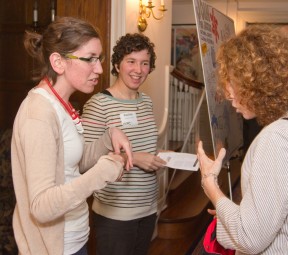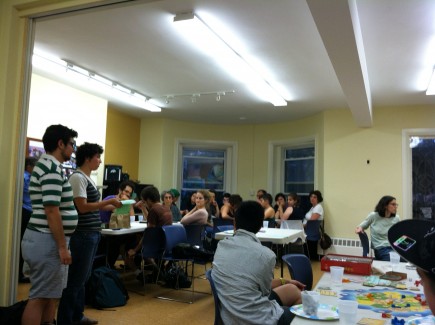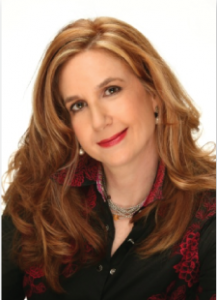 Why do I organize? Is there something that links my Jewish identity or the larger Jewish community to organizing for justice? How can Jews come together to organize around shared values?
Why do I organize? Is there something that links my Jewish identity or the larger Jewish community to organizing for justice? How can Jews come together to organize around shared values?
Working as a community organizer both within Jewish and non-Jewish communities, I look to Jewish texts and concepts as I wrestle with answering these questions. There is the commandment to act when you see someone else being wronged, and our obligation to repair the world. In Exodus, we are told that we should not oppress the stranger, since we were once strangers in the land of Egypt. While these have been helpful and comforting, I’ve always felt like there were other questions that these responses didn’t address:
When I notice an injustice, how do I know when and how I should be acting? How can we make sure that our community is vigilant in identifying acts of injustice when privilege often masks them? How can we all live by a shared sense of values when we continue to disregard the benefits of privilege, a system that rewards some at the expense of others?
Before moving to Boston to be a JOIN Fellow, I spent two years working with AmeriCorps VISTA and the Department of Public Instruction in Wisconsin. My second year into the program, I attended a training on racism. During the training, we were asked to identify if/how our racial identities gave us power. When it came time to talk with a peer at my table, I expressed that it was really hard for me to move past thinking of myself as being powerless in most situations, as a transgender and queer person. I also struggled with the concept of my own racial identity as an Ashkenazi Jew, where there were always little reminders about how I didn’t fit into White Christian culture. So there I was grasping so tightly to my marginalized identities until one of the trainers rephrased the question, “Are there ways that you benefit from racial privilege?” It hit me – I had set up a false binary, where I let the pieces of my identity that rendered me feeling marginalized disregard the ways I benefit from my privilege. This was the first time that I really thought about my whiteness as being separate from my other identities, and it blew me away.
I had gone into the training wanting to be an anti-racist ally, but hadn’t been willing to acknowledge the fact that my white privilege has been actively benefiting me all my life. I needed to be pushed to understand that the multiple layers of my identity actually hold different types of power, that my queerness in a society that privileges hetero-normativity and my Jewishness in a Christian nation, can’t be a stand-in for a universal understanding of what it feels like to be oppressed. I also made the mistake of thinking that by experiencing some forms of oppression, I wasn’t as culpable for being complacent in continuing to perpetuate other forms of systemic oppression.
So, how does this all relate to the original questions about how the Jewish community can act collectively towards justice? The piece that feels so integral is a shared awareness of how we, as individuals, fit into systemic power dynamics and the way those inequalities play out in our interactions with others. Until we make it a norm for us to accept that we don’t earn privilege, we aren’t fully working towards justice. For us to empower and engage all members of our Jewish communities, we need to understand and name the power dynamics that simultaneously highlight and disregard different voices and perspectives within our communal narratives. When we talk about White Jewish solidarity in the Civil Rights Movement, let’s not forget that our Jewish communities have always and will continue to include Jews of color. When we make assertions about economic power within the Jewish community, we should look both outward and inward, holding up the disparities facing Jews of wealth, middle class Jews, and working class and lower income Jews. When we speak of intermarriage rates as a way to assess whether or not Jewish community is thriving, I urge our community to reframe our focus and affirm the many ways we can each identify with and live Jewishly, without reinforcing privileged hierarchies of the one “right” way to create Jewish families. When we celebrate the times when we acted in the name of justice, let’s make sure to also hold ourselves accountable to the things we need to do better.
JOIN has taught me to embrace complexity and to hold the tension in situations where binaries give way to shades of grey. JOIN has also taught me to embrace difficult conversations and to move beyond my scope of comfort in order to grow and embrace change. In love and humility, I want to be held by and held accountable to others in the Jewish community and our collective obligation to work toward justice.
Asher Bruskin is a JOIN Alum ‘10-11 currently working as Keshet’s Boston Community Organizer. He is a 26-year-old white, trans, masculine, queer, able-bodied, middle-class, Midwestern Ashkenazi Jew living in Jamaica Plain, MA.





 This article originally appeared in
This article originally appeared in 


